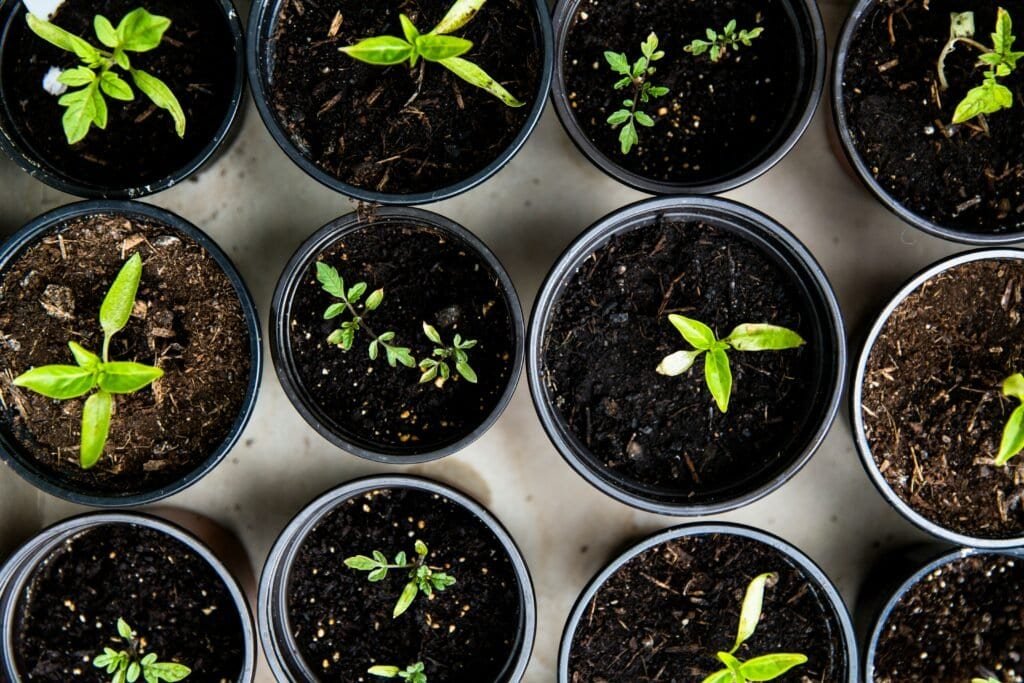Composting offers the benefits of resource efficiency by utilizing waste that would otherwise fill up a landfill. Studies show that composting at home can divert 700 lbs of waste per year from an average household. 23%, or 44 million tons, of municipal solid waste in the United States is material that could be composted.
Compost enriches soils
- The composting process creates nutrient rich material that can increase the nutrients and help retain moisture in the soil
Compost can help cleanup contaminated soils
- By absorbing odors and binding to heavy metals compost prevents contaminants from moving to water resources or being absorbed by plants. Resulting in safer produce for you!
Compost helps reduce pollution
- By composting organic materials at home it reduces methane production and accumulation in landfills. Organic compost can also be used to prevent erosion alongside, creek beds, hills, lakes, or golf courses.
Composting can save you money!
- Using organic compost can save you the need of using water, fertilizers and pesticides.
Benefits of Using Compost In Your Garden
- Improves the soil structure. Good garden soil is loose and has a high water-holding capacity with adequate drainage.
- If you have heavy clay soil compost improves drainage by improving soil structure.
- Compost also absorbs water and improves the water-holding capacity of sandy soils.
- Decomposing compost will slowly release plant nutrients.
- Making and using compost recycles garden waste and reduces the burdens of trash disposal.
Despite the obvious environmental and financial benefits of compost many municipalities are regulating compost piles and open compost bins because of odors, neighbor complaints and unwanted pests. Government needs to be promoting this kind of beneficial, natural activity rather than banning it.
The Urban Compost Tumbler fits into urban environments because of its enclosed design that keeps odors and pests away. It also produces compost 90% faster than traditional composting methods because of it’s patented aeration system Makes Compost Faster.
The most efficient bacteria, called “aerobes”, need oxygen to do their work. Without oxygen the aerobes cannot survive and the anaerobes take over slowing decomposition by as much as 90 percent. Given enough oxygen, they simply work better and faster.
In addition, the center aeration tube with its cross bar assists in the break up and separation of compost as it is turned preventing the materials from turning into a ball and just sliding back and forth when tumbled.
Instead of garden and kitchen waste filling up landfills we can use our waste to fertilize our gardens!


